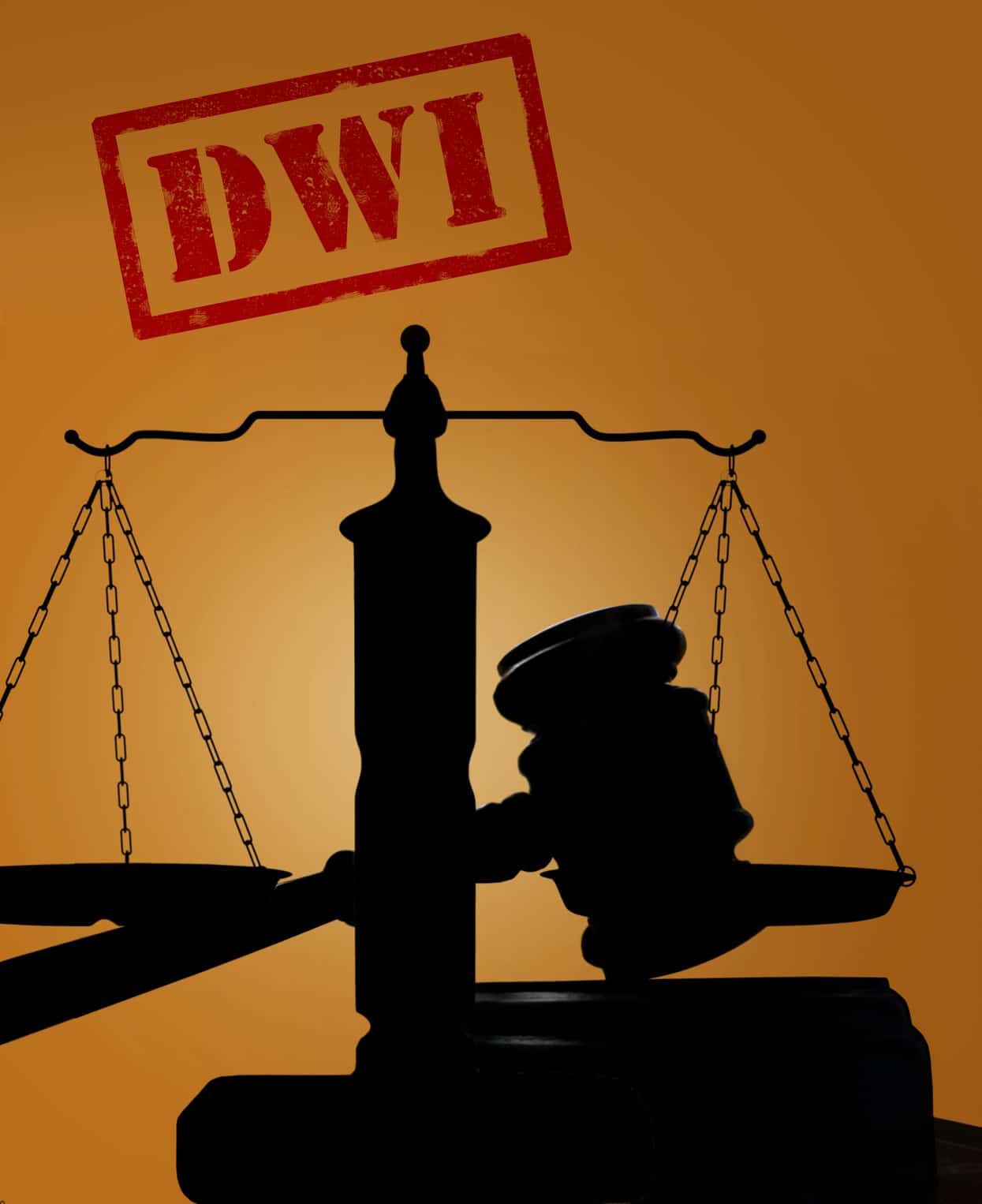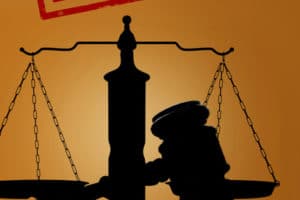
Probation offers an offender a chance to avoid jail time, which is up to 180 days for a first-time DWI conviction. If you violate probation (known in the statutes as “community supervision”) for a DWI, you risk serving the full jail term you sidestepped the first time around. You could also face other penalties.
Probation for Driving While Intoxicated
Probation is a court-ordered period of supervision for offenders that a judge grants in lieu of serving time in jail. A judge agrees to suspend a jail term in exchange for you agreeing to follow a list of conditions throughout your period of community supervision.
A first-time DWI offense often carries a probationary period of between six months and two years as well as other penalties. If you fail to follow all the agreed upon conditions, a judge can order you to serve the jail time you initially avoided. The judge can require you to serve out the maximum sentence allowed for your offense.
Common Terms of Probation
When you receive community supervision, you agree to:
- Pay Costs: Any fines, court costs, restitution, and other supervisory fees must be paid by the agreed upon time.
- Check In With a Probation Officer: To ensure you satisfy all of the terms of your probation, you must meet with a probation officer on a regular basis. Generally, this occurs once per month, but it can vary depending on the circumstances.
- Attend Required Classes and Meetings: If you are on DWI-related probation, you will likely be required to attend special classes, such as the DWI Education Program. The court may also order treatment.
- Submit to Regular Alcohol and/or Drug Testing: Any Texan on DWI probation will need to submit to periodic alcohol and/or drug tests.
There are several other conditions you may need to satisfy. Depending on the circumstances, a judge may also order the installation of an ignition interlock device on your car. To start the car, a person has to blow into the device. If it detects alcohol, the car will not start. This is common on second- or third-offense DWIs
Actions that Violate Probation
If you violate your community supervision for DWI, the court issues a warrant for your arrest. The following are common examples of actions that violate DWI probation:
- Failing to show up with meetings with your probation officer
- Getting arrested
- Failing to pay restitution to victims
- Using alcohol or drugs
- Failing to attend and complete court-ordered alcohol and drug awareness program
- Possessing illegal drugs
Penalties for Violating Probation
In Texas, judges, prosecutors, and other court officials take probation violations very seriously. Ultimately, a judge determines your punishment for violating probation, but it may include:
- Jail time
- A longer driver’s license suspension
- Community service
- Fines
- Additional education courses
- Mandatory treatment
A judge can revoke your probation even if it is your first violation. Whether or not you end up going to jail will likely depend on your violation.
For instance, getting a little behind in paying court costs may not land you in jail. Instead, a judge may reiterate the consequences of violating probation and opt to extend your period of supervision — or add extra conditions onto your probation agreement.
The chances of jail time significantly increase if you missed a probation meeting or tested positive for drugs. In the end, the judge has the authority to make the final decision.
A criminal defense lawyer may be especially helpful when judges are reconsidering your terms.
Confinement for DWI Probation Violations
If a judge revokes your probation and you are given jail time for the violation, the time in confinement does not count toward the sentence for the DWI conviction. Therefore, you may serve time for the violation and for the DWI conviction.

Appealing Revoked Probation
If your probation was revoked, you have the right to challenge it. A hearing is scheduled and during the proceeding, your probation officer will have to prove that you violated probation. If a judge is not satisfied with the evidence, they cannot revoke your probation.

Get Legal Representation in Texas
Violating probation can impact your freedom, your job, and your family. Failing to take the issue seriously or not getting solid legal advice may worsen your situation. Getting early intervention from a DWI lawyer in Texas may help you minimize the consequences of your probation violations.
Instead of facing the legal system alone, turn to the Law Offices of Randall B. Isenberg for help. Let one of our dedicated lawyers fight to protect your rights. Call 214-696-9253 to discuss your case with one of our team members. There is no charge for our case evaluation.










